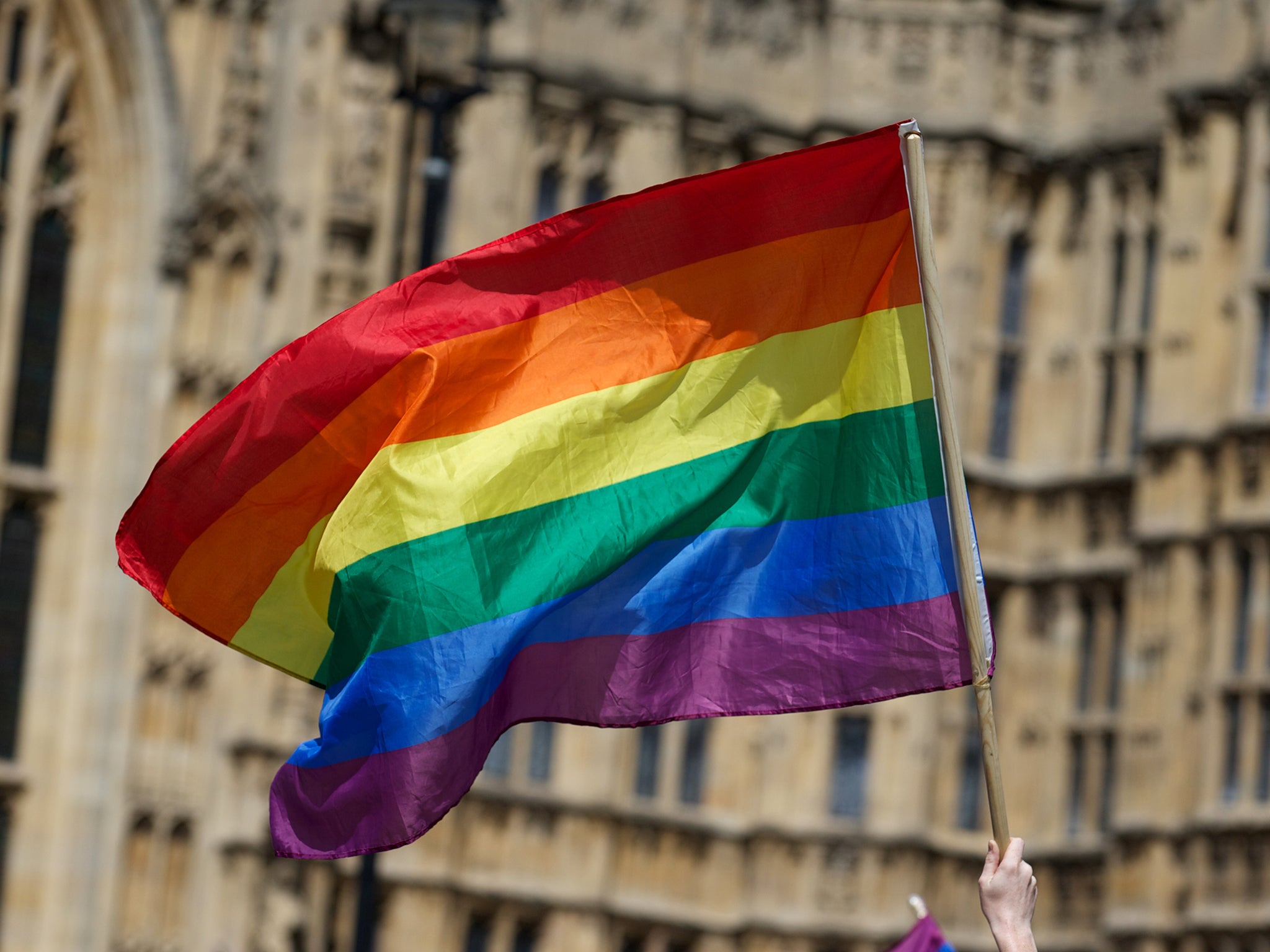Diversity in the workplace: Two-thirds of top 100 employers for diversity are public sector
This year, Stonewall’s list of inclusive employers is dominated by the public-sector, a quite notable feat considering the cuts

Stonewall’s Workplace Equality Index is the undisputed national benchmark, measuring employers’ efforts to tackle discrimination and create an inclusive workplace for lesbian, gay, bisexual and transgender (LGBT) employees.
With two-thirds of the top 100 employers for 2015 coming from the public sector, massive strides have been made.
“Back in 2010, we had just four employers from the health sector secure places in the Top 100 and that’s now doubled,” says James Lawrence, spokesperson for Stonewall. “The housing sector went from five organisations to 12 in 2015. Meanwhile, education only had three employers, which has now trebled. The biggest news is that Nottingham Healthcare is the first health sector organisation to have reached the top of our list.”
Given the public sector cuts, Lawrence is impressed that employers have maintained a focus on diversity. “This has been helped by the public sector Equality Duty, but public-sector employers also shout louder about the work they do. We’ve come a long way since 2005, when six of the employers that made our list asked us not to even name them. Nobody would ask that now.”
Among the most effective efforts within the public sector include monitoring the sexual orientation of staff. “If you don’t know how many LGBT staff you recruit, you can’t know if you’ve made any progress. It’s a powerful tool.”
Procurement policies are also important. “Increasingly, public-sector bodies check they are working with suppliers that have LGBT-friendly policies,” explains Lawrence, adding that this sector has supportive senior management. “The senior person may not be LGBT themselves, but they send out a strong message that discrimination won’t be tolerated and set an inclusive tone.” Then there are LGBT network groups: “These useful forums bring together LBGT members to discuss important areas,” says Lawrence. “HR can also sound out new policies and benefits.”
Matt Dicks, spokesperson for the National Assembly for Wales, says its LGBT staff network achieves a huge amount. “They have put together a series of events to celebrate important LGBT dates.” he says.
Catherine Conchar, head of equality and diversity at Nottinghamshire Healthcare, is particularly proud of their award-winning organisation. “It’s not just for LGBT staff, but other employees with friends or family from the LGBT community, known as LGBT allies. They do everything from pledging to tackle any bullying to attending seminars run by the likes of solicitors and financial experts on issues such as wills and marriage.”
Meanwhile, at Brighton and Hove City Council, which was rated the most gay-friendly local authority in the country in Stonewall’s list, there is a long list of policies and activities, from media coverage showing support for the introduction of same-sex weddings to working with Stonewall on building staff confidence
“Our work on LGBT issues is embedded across everything we do. It’s not just about tackling bullying or harassment,” explains Brian Walsh, spokesperson for the council. “We are widely considered to be at the forefront nationally on issues relating to the trans community too.”
It is the transgender community that is often forgotten, says Louis Davies from Bridgend, Wales. “Employers need to consider things such as not disclosing that someone is trans to colleagues or customers unless there is a very good reason, and ensuring that they support the transition stage. I worked for an employer where I was not allowed to use the male toilets even though I had changed my name legally and was living as a male.”
No public sector organisation can rest on its laurels regarding LGBT, says Anna Einarsdottir, lecturer in organisational behaviour and HR management at Hull University Business School. “Our research found 65 per cent of public-sector workers state they are open about their sexuality, with that figure at 48 per cent for private-sector workers. This means that over a third of public-sector workers are not open about their sexuality.”
People can’t perform well if they can’t be themselves, she says, and the situation for bisexual employees needs particular attention. “Not only are bisexuals least likely to be open about their sexuality at work, but they are also the group facing the most extreme levels of bullying and negative behaviour.”
Join our commenting forum
Join thought-provoking conversations, follow other Independent readers and see their replies
Comments